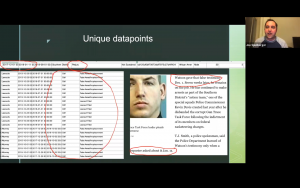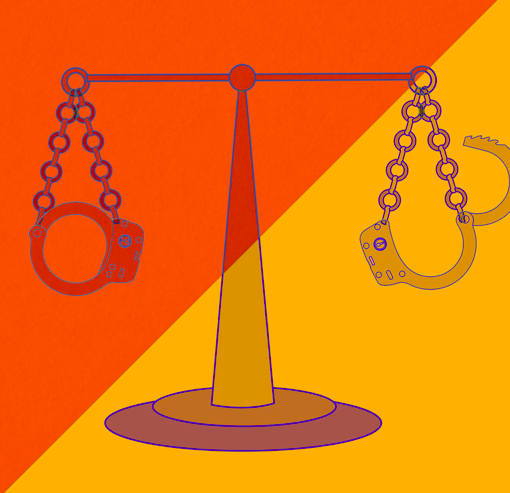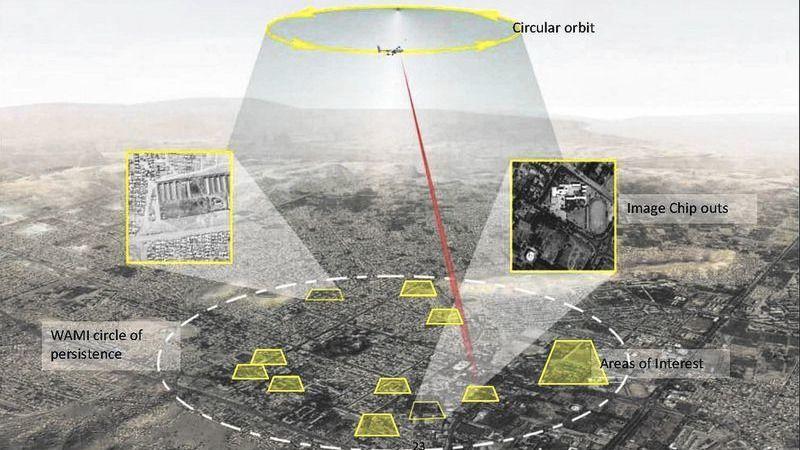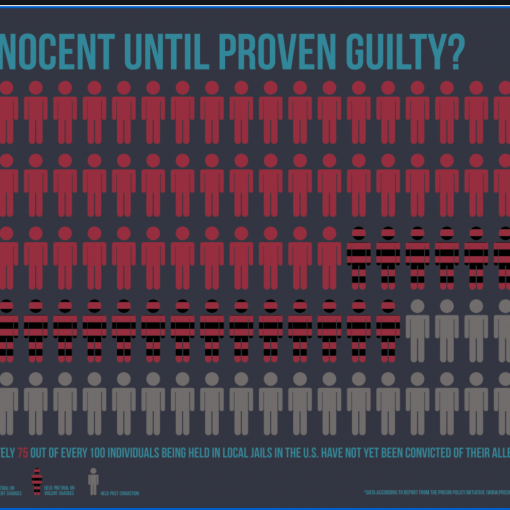On January 17th, the Legal Data and Design Clinic (LDDC) had the pleasure of welcoming Joe Spielberger, an attorney with the ACLU of Maryland and author of the recently published report Chasing Justice: Addressing Police Violence and Corruption in Maryland, to the weekly seminar. Mr. Spielberger and the LDDC engaged in riveting discussions on the main messages he wished for the readers to know, as well as the methodology he used in creating the report.

“Chasing Justice” reviews and analyzes Baltimore Police Department (BPD) data on misconduct complaints, use of force incidents, and officer-involved shootings from 2015 through 2019. The main objectives of “Chasing Justice” are to document:
- Race disparities in different aspects of policing;
- How police departments contribute to violence in the community and further distrust of both the legal justice system and internal disciplinary process; and
- Consequences of failing to hold officers and departments accountable.
“Chasing Justice” relied on data retrieved from Code for America’s Project Comport, which was provided by the BPD as part of their post DOJ Investigation reform efforts. The report ultimately discovered that 91% of targets whom the police used force on were Black residents and that 6% of all BPD officers received nearly 33% of total complaints.
The data provided by the BPD did not list the names of the officers involved in the various incidents, rather it provided a unique identifying number; however, Mr. Spielberger was able to de-anonymize the data and identify names of the officers who received the most complaints. Through the de-anonymization process, Mr. Spielberger was able to uncover a long list of officers who were not subjected to any serious consequences of their misconduct. This step was necessary in order to successfully conclude that BPD has failed to hold officers accountable for their actions, ultimately contributing to the further violence in the community.

De-anonymization was a painstaking process that involved many steps to accomplish. The first step was to organize the total number of incidents by police units. That list of incidents was further organized by officer demographics. To confirm the finding incidents were then cross-referenced with other sources including articles in various news outlets such as the Baltimore Sun, and publicly available white pages online. The cross-referencing were easier and more accurate for unique incidents that garnered media attention. For example, one story covered an incident of police perjury, and another involved the police shooting and killing a dog. Finally, if the BPD data indicates that there were arrests made following the police-related incident, cross-referencing was conducted with data from the Maryland Judiciary Case Search site, where officer names are not anonymized.
“Chasing Justice” is an impactful report that shed some much-needed light on the situation. The LDDC very much appreciates the conversation with Mr. Spielberger. We are very much inspired by Mr. Spielberger’s effort in pursuing justice and will continue our own work in helping more people who have been unfairly treated by the justice system.
You can read Mr. Spielberger’s report here.



